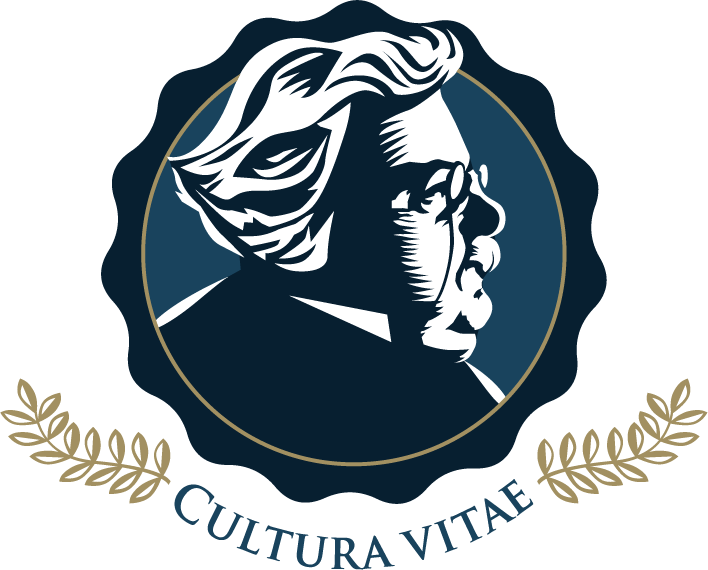Wonder is the Beginning of Philosophy
The word ‘interest’ is a reminder that you have the intellectual faculty of placing your mind ‘into the essence’ of things. Your capacity to wonder, to be caught, to interest yourself in reality is an aspect of the child-likeness you’ll need to get to Heaven. Here are a few things my interest has caught:
Fascinating Fractals
Not until our computers could help our brains process some of the data that is expressed all around us in natural forms could we enter the world of fractals. Now that we’re in, we humans are finding fractals everywhere!
What shape could be generated by a recursive mathematical formula? Only a computer could follow a simple rule endlessly, and endlessly plug the results of the equation back into the formula as one of the variables. As it turns out, doing so generates some of the most complex forms you’ve ever seen. And, surprise! Those amazing, complex shapes have more in common with God-made forms than man-made ones.
From galaxies to continental borders; from heartbeats to growing forests; from ice crystals to pinecones, fractal patterns are deeply embedded in the Creation. When a form, or system, is ‘fractal’ it exhibits a quality known as self-similarity. At every scale, the simple shape of the whole form repeats, so that the whole can be seen in the parts, and vice versa. The unimaginable complexity and diversity of form that is achievable by the reiteration of simple patterns on an ever-expanding scale demonstrates the possibility that internal coherence can exist in creative tension with a responsiveness to external reality.
Fractals are not new realities, but deeper layers of reality itself. The order, law, or Word from which all good things flow seems to be one that never changes, and yet adapts and responds to the chaos around it with form that fills the world with order, coherence, and beauty.
Organizations (like the Church!) based on repetition of a simple, recursive rule (Multiply, fill the world, be a family, adopt disciples) are more like natural systems and thus more resilient, more responsive to need, and more easily adapted to variable conditions than strictly man-made ones.
Projects that start small (where there are two or more, say) and develop iteratively (if it worked, do it again; if it didn’t, adjust the rule a bit and do it again) are more likely to have the organic qualities of ‘life,’ ‘freedom,’ ‘responsiveness,’ and ‘continuity’ than those which don’t start until everything has been planned out in advance. Fractal development allows for ‘failing forward,’ because the results even of failure can return (recursion) to the pattern (equation, initial design, or rule) as a new variable within it.
Fractal design is seen in some cathedral architecture, providing transition from one space into another. In this application, used by architects long before any understanding of fractals could have influenced them, the natural fractal design ubiquitous in nature seems to have been the teacher of a way of filling space with pattern, or form. This kind of visual poetry corresponds to the juxtaposition of unlike forms in word poetry, which results in a both-and that is an entirely new thing.
Fractal expansion turns out to be the most efficient way to fill space, or to distribute one form throughout another one. When you see tree branches filling space, rivers branching to distribute water, lightning filling air with branched electricity, or blood vessels efficiently delivering blood throughout your body, you are seeing this fractal quality that is characteristic of God’s design.
There’s a lot to think about here (and so, so much more to be learned)! I wonder if you find this interesting. Please let me know!


